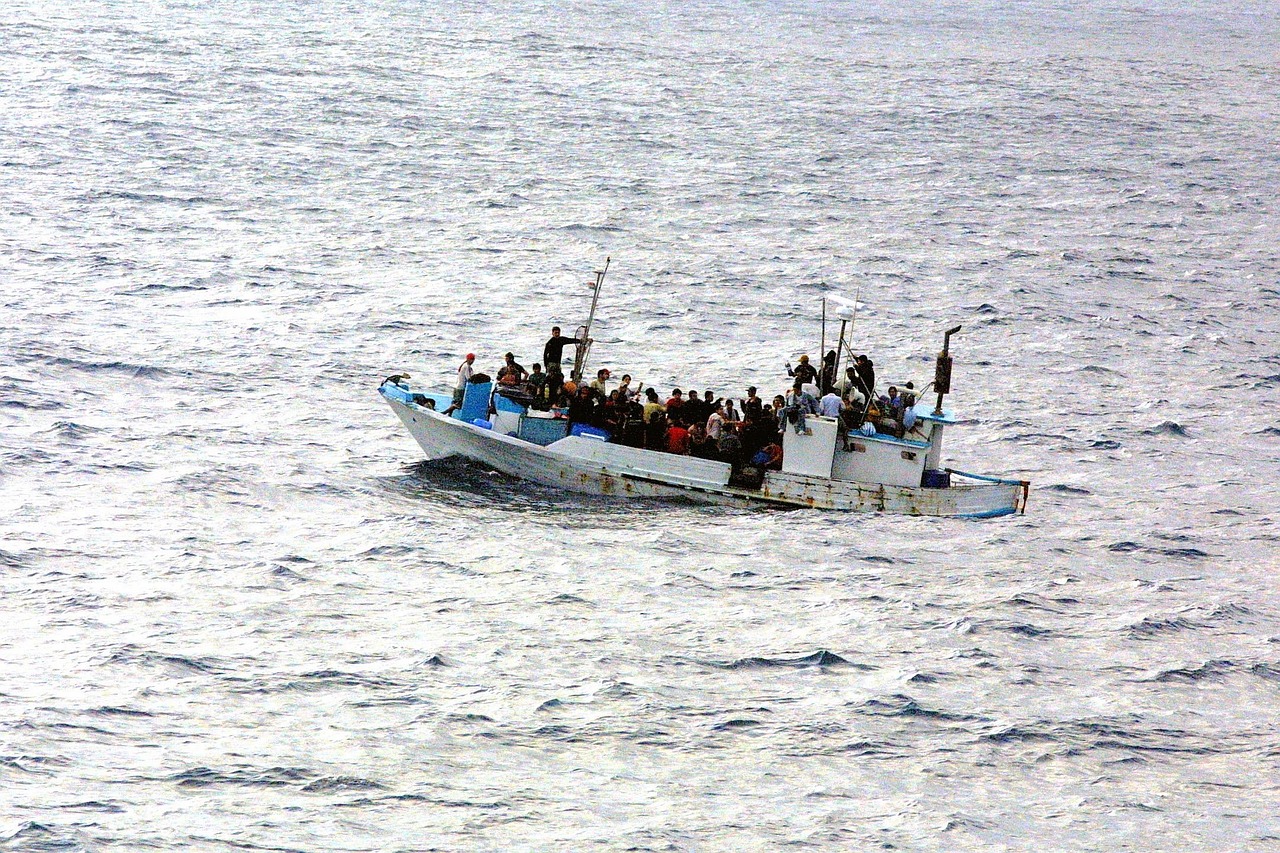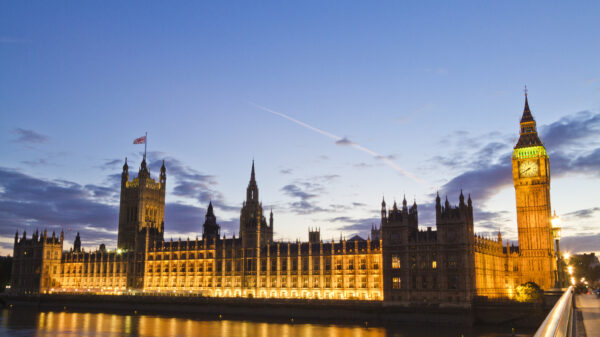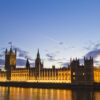Comment writer Dania Quadri answers questions and raises concerns about the UK’s plan to ship refugees to Rwanda.
What are the aims of the plan according to the government?
On April 14, Home Secretary Priti Patel announced new plans to send asylum seekers to offshore detention centres in Rwanda. Referring to refugees who enter the UK illegally via the English Channel, Patel highlighted how her “world leading” plan would help “global migration and tackle illegal migration”.
Despite explicit concerns from the likes of the United Nations high commissioner (UNHCR) for refugees, Amnesty International, and Human Rights’ Watch (HRW), Prime Minister Boris Johnson has suggested the Australia-inspired plans will go ahead. Echoing Patel, Johnson described the new plans as a chance to “break up criminal gangs, reduce… exploitation, and to improve the chances [of refugees]”.
Is Rwanda safe for refugees?
Johnson addressed the concerns about Rwanda’s human rights violations by stating that Rwanda is “one of the safest countries in the world” that has “has totally transformed over the last few decades.” However, Johnson’s statement is at odds with his own government. Just over a year ago, the UK government published a January 2021 report urging Rwanda to “respect human rights“.
Recommendations included credible investigations into “extrajudicial killings, deaths in custody, enforced disappearances and torture“, protecting journalists, and – ironically – safeguarding trafficking victims in Rwanda’s detention centres.
Indeed, a Human Rights Watch report stated that in Rwanda “the space for political opposition, civil society, and media remained closed.” It also mentions that the country has an appalling track record of human rights violations.
Refugees, specifically, face a “significant risk of sexual and gender-based violence and exploitation” in Rwanda. They are also particularly vulnerable to state violence. In 2018, Rwandan security shot dead 12 refugees who were protesting a cut to their food rations. A further 60 were arrested and prosecuted for “spreading false information” about the Rwandan state.
Strikingly, the UK government considered Rwanda unsafe enough to grant four Rwandans refuge in the UK in 2021.
It makes no sense that Patel and Johnson plan on sending refugees to a country that they have recently granted people refuge from.
Australia’s offshoring system: likely blueprint or “not comparable”?
Earlier this year, Patel raised eyebrows when she hired the mastermind behind Australia’s offshoring system, Alexander Downer, to find the ‘solution’ to the boat crossings along the English Channel.
The offshoring system refers to the “Pacific Solution” negotiated by Downer that sends desperate refugees who attempt to reach Australia via rubber dinghies to detention centres on Nauru and Manus Islands in the South Pacific. Crucially, no resettlement takes place in these centres with detainees being held in the centres for years on end.
Moreover the detention centres, dubbed as “Australia’s dumping grounds for refugees“, have been described by the Australian Refugee Council as rampant with physical, sexual, and mental abuse. Healthcare and welfare access to the detainees is abysmal, and deaths by neglect and suicide have been reported.
Given the conditions, the Council reports those people in the detention centres as having worse mental health outcomes than those in refugee camps. It is alarming to think that it is such a system that Patel aspires to replicate.
It has been a decade since Australia began this offshoring processing, and despite global criticisms the Australian Border Force suggested in February this year that the centres will remain intact for the foreseeable future.
Patel’s plan has received much criticism from all sides. While comparisons have been drawn between Patel’s plan and Australia’s offshoring system, Patel maintains that the Australian situation is “not comparable” despite evidence pointing otherwise.
For starters, Patel herself said that as part of her scheme that refugees who attempt to enter the UK will be “relocated to Rwanda to have their asylum claim decided.” Furthermore, nothing in her plan suggests that once this processing is complete any refugees will be brought to the UK to rebuild their lives.
If the refugees do not want to be in Rwanda, they will be deported to the countries they have sought refuge from, or sent off to a third country. This is completely consistent with Australia’s offshoring system, where government policy ensures that “the people who are transferred offshore can never resettle in Australia.â€
What evidence suggests it will tackle smuggler activities?
Members of the Tory government have often stressed that this scheme would help crackdown on illegal smuggler activities. But there is no proof to suggest that such a policy will end people smuggling.
For instance, Israel tried a similar scheme when it sent 4,000 refugees to Rwanda between 2014 and 2017. But nearly all refugees immediately left Rwanda to try and re-enter Europe in rubber dinghies via smuggler routes.
Israel’s example then begs the question of how the UK government knows that the refugees they send to Rwanda will not attempt the same.
And if they will be stopped from leaving, it is worth examining what methods the Rwandan government may use to ensure they remain in Rwanda. The human rights records described above allows for some very sinister aspects, potentially creating similar inhumane conditions as those described in Australia’s offshore centres.
What is the solution?
While the government consistently cites the violence caused by “evil people smugglers” as reason for their scheme, it is unclear how the scheme will tackle illegal human smuggling. In fact, the British state has itself co-opted violence by detaining vulnerable and traumatised individuals in an unsafe country.
And while Patel claims that her opponents have not put forward any alternatives, many experts have put together clear solutions to deal with this humanitarian crisis.
One solution includes allowing people to claim asylum from outside the UK. If their application was accepted, refugees could then travel safely to resettle in the UK. This would disrupt the business of the “evil people smugglers”. It importantly could prevent the loss of thousands of lives at sea.
In summary, Patel’s new offshoring plan will neither provide refugees with a new chance nor safety from people smugglers. It will only cause further violence to some of the world’s most vulnerable individuals. And tragically, it seems like the government is aware of this.














